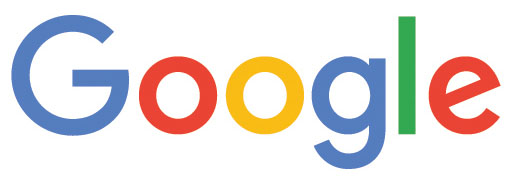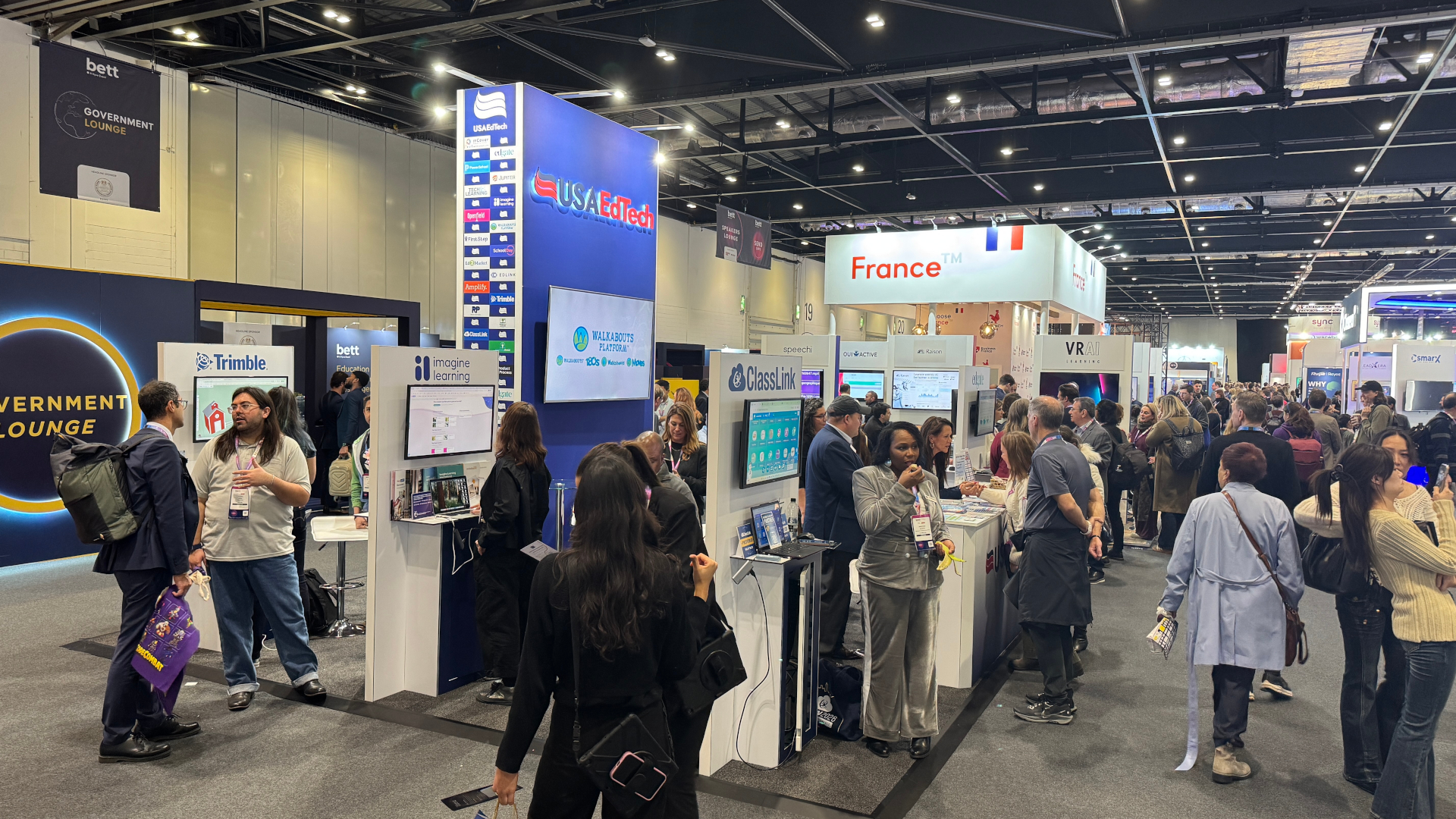Back Office Business
Understanding how Chromebooks differ from other laptops will help educators and administrators decide if Chromebooks are right for their digital classrooms.
How Chromebooks Compare to Traditional Laptop Computers

Understanding how Chromebooks differ from other laptops will help educators and administrators decide if Chromebooks are right for their digital classrooms. Operating system, software capability, security, and battery life are all key factors in determining the best laptop for student use. Generally speaking, Chromebooks are light and cheap laptops that run Google’s ChromeOS operating system. Its lightweight operating system is one of the reasons why Chromebooks are so appealing to schools. It doesn’t need powerful components to run, and it can use hardware that Windows 10 or MacOS would struggle to run on—which keeps the overhead price down. Chromebooks are therefore much more affordable for users than other laptops.
Chromebooks also have impressively long battery life—a must for schools. ChromeOS used to be seen as a limited operating system, but because the scope of the software users can now run on a Chromebook is truly impressive, it’s now more than ever a viable alternative for more users.
Edsby Deploying Countrywide in New Zealand

After two years of competitive evaluations, the New Zealand Ministry of Education has awarded Edsby a contract to build and run the country’s Te Rito National Learner Repository and Data Exchange, formerly the Student Information Sharing Initiative (SISI). This multi-year key Ministry project is aimed at strengthening the continuity of learning for New Zealand’s 800,000 students by consolidating critical information to ensure it’s available to teachers when a student arrives in a new school.
Edsby is being configured to the Ministry’s requirements and is to be deployed in two early-stage rollouts. The first stage is already underway. The system will then be rolled out to all 2,500 public schools in the country, so that regardless of the individual school’s Student Management System (SMS), information will be available to support each learner at school when it’s needed. All data will be hosted in Ministry-approved cloud data centers operated by Microsoft. The Ministry is working with legal, ethics, and privacy experts to ensure data privacy and access are managed appropriately. New Zealand’s student data privacy regulations are among the strictest in the world.
Anacortes School District to Implement the Boxlight Classroom Solution Districtwide
Tools and ideas to transform education. Sign up below.

As part of its initiative to “engage every student every day in real work that matters,” Anacortes School District (ASD) in the state of Washington is expanding use of the total classroom solution from Boxlight from its high school to all classrooms in the district. The interactive flat panel features 4K video resolution, so its crisp images and vibrant, accurate colors enable students to see information on the screen from any vantage point. The newly released MimioClarity classroom audio distribution system provides a microphone for the teacher to wear and four speakers that are placed strategically above students’ heads so that they can clearly hear the teacher’s “inside voice” no matter where they’re seated. The digital document camera allows users to capture videos, take photos, or connect to a microscope, and it’s compatible with Chromebooks. Classrooms will also receive the award-winning MimioStudio™ classroom software, which seamlessly connects all Boxlight products and allows educators to create interactive lessons and collaborative activities, to use existing ones, and also to perform real-time formative assessment.
Code with Google Introduced

Code with Google brings together Google’s free curriculum and programs that build coding skills—from beginner level to advanced—to help students succeed. In addition, the company announced a $1M Google.org grant to the Computer Science Association, to support their mission of building community and providing computer science professional development to teachers in communities across the US.
